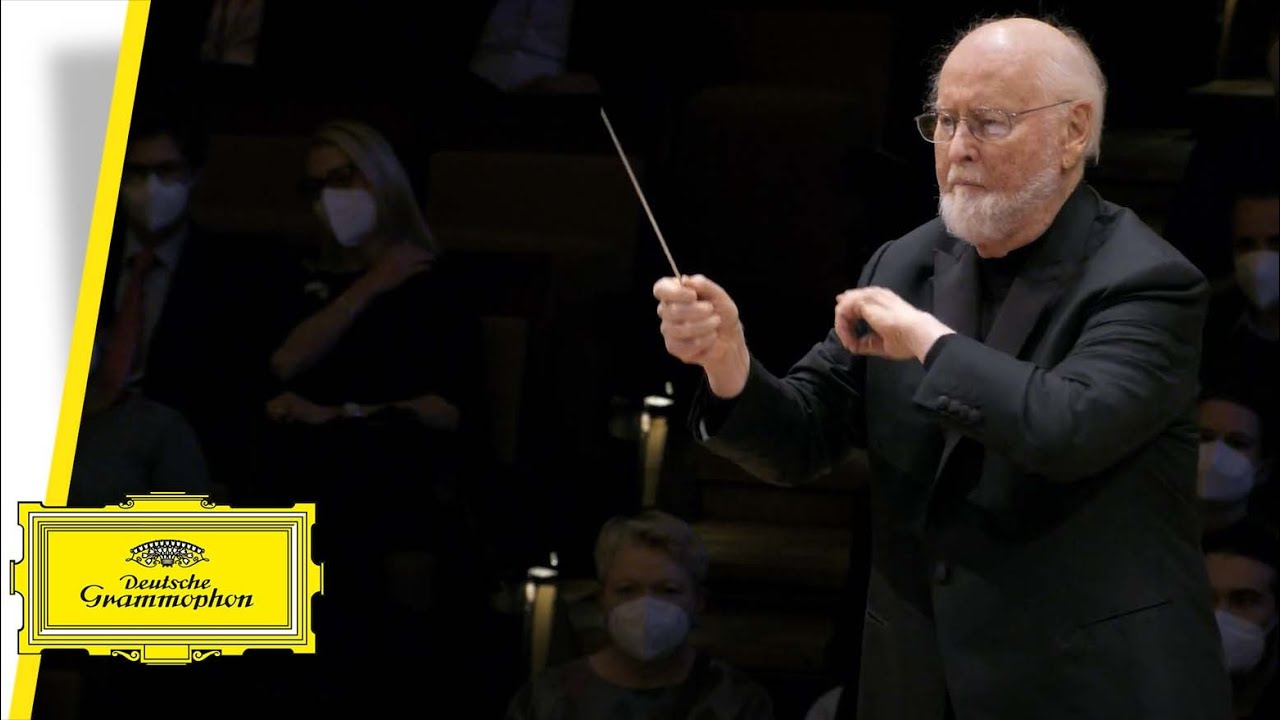
John Williams is a towering figure in the world of film music, his contributions defining the sound of cinema for generations. With five Oscars to his name and an unparalleled 54 nominations, Williams’s influence extends far beyond the confines of the Academy Awards.
At the 2024 Oscars Williams now has the possibility of adding another statuette, for his work on ‘Indiana Jones and the Dial of Destiny’.
John Williams, music and Oscars
Williams’s journey with the Oscars began in 1972 with ‘Fiddler on the Roof’, marking the start of an illustrious career that would see him composing for some of the most iconic films in Hollywood history. His scores for ‘Jaws’, ‘Star Wars’, ‘E.T.’, and ‘Schindler’s List’ not only earned him statuettes but also helped cement these films in the cultural consciousness. His last win, in 1994, for ‘Schindler’s List’ saw him once again evoking deep emotions from audiences, the skill that has made his work timeless.
This year’s nomination for ‘Indiana Jones and the Dial of Destiny’ at 92 years old underscores a career that has continually evolved while remaining at the pinnacle of cinematic scoring. Williams’s music has become synonymous with adventure, fantasy, and the magic of movies, enhancing narratives and building worlds with his melodies.
Other Oscar soundtrack giants
Looking at his peers, Dimitri Tiomkin’s four Oscars highlight the early recognition of the score’s importance in film, with wins for classics like ‘High Noon’ and ‘The Guns of Navarone’. Miklós Rózsa’s three Oscars across two decades for ‘Spellbound’, ‘A Double Life’, and ‘Ben-Hur’ reflect the diverse scope of his musical talent, from psychological thrillers to epic dramas.
Alfred Newman’s nine Oscars from a staggering 43 nominations underscore the Newman family’s legacy in film music. His work set a high bar for orchestral film scoring, a standard that Williams and others have aspired to.
Max Steiner, often regarded as the father of film music, laid the groundwork for what film scoring could achieve with his two Oscars for ‘Since You Went Away’ and ‘Now, Voyager’. His 19 nominations illustrate his pioneering role in integrating music with storytelling.
In more recent years, composers like Alexandre Desplat and James Horner have carried forward the tradition of excellence that Williams exemplifies. Desplat’s wins for ‘The Shape of Water’ and ‘The Grand Budapest Hotel’, along with Horner’s memorable scores for ‘Titanic’, demonstrate the continued vitality and relevance of film scoring.
Ennio Morricone, who received an honorary Oscar in 2006 before winning for ‘The Hateful Eight’ in 2016, exemplifies the international influence and diversity of film music. His nominations and wins underscore the global language of film scores, a sentiment echoed in Williams’s universally beloved compositions.




